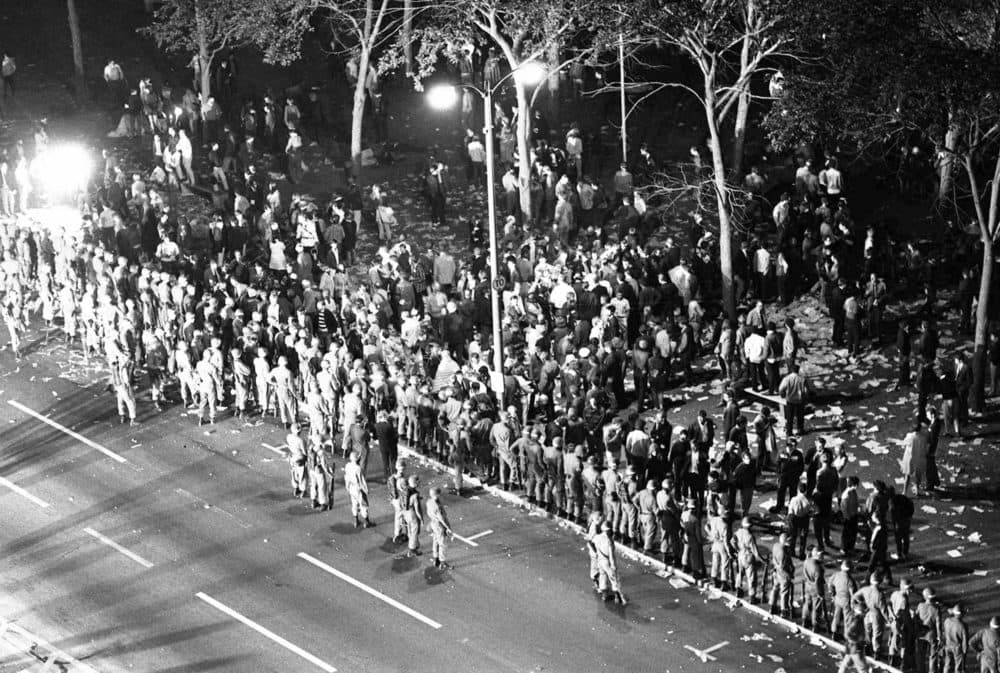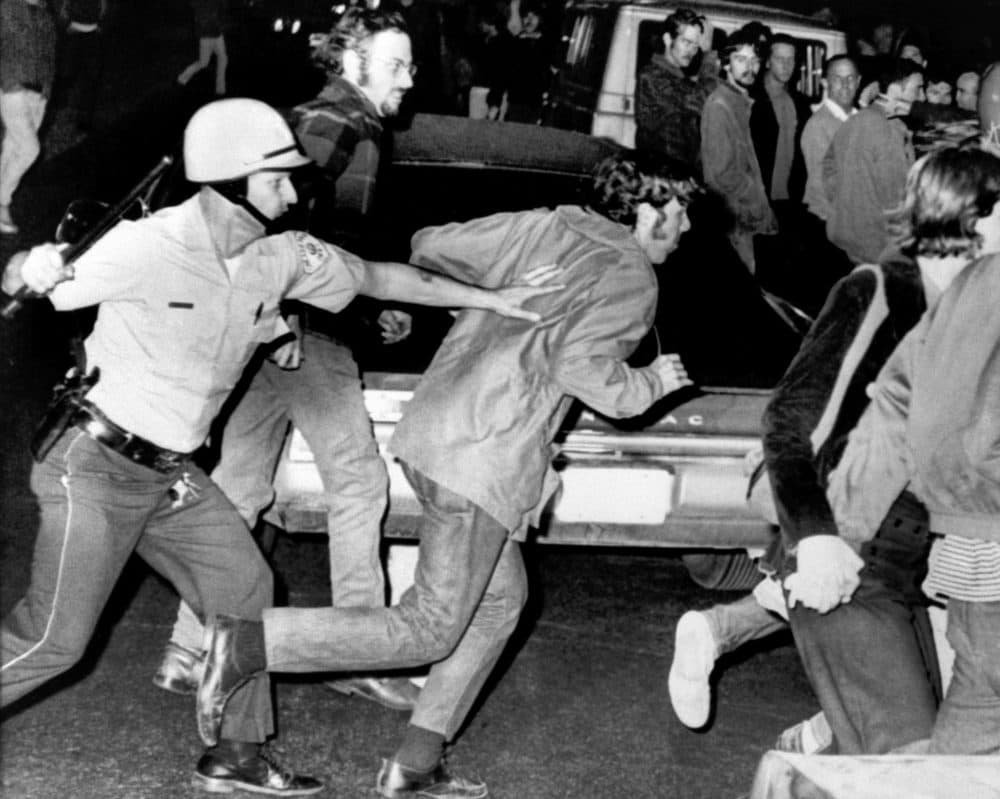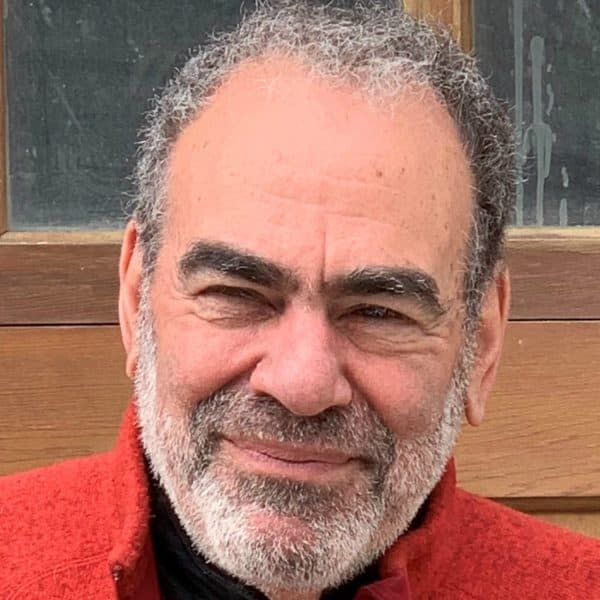Advertisement
Commentary
Protests, Chaos, Needless Deaths And A Looming Election: It Feels Like 1968. Why 2020 Is Different

Protests rock the country, the National Guard patrols our cities, thousands have died unnecessarily due to feckless national leaders, an election looms and the country seems close to spinning out of control. Inevitably, 2020 recalls another tumultuous year: 1968.
That year, the war in Vietnam was raging, American casualties were mounting, young protestors were taking to the streets. When Dr. Martin Luther King Jr. was murdered, America’s Black communities from Oakland to Boston exploded in grief and rage. The National Guard was deployed. Richard Nixon campaigned on a platform of law and order and narrowly won a razor-thin victory in November.
In 1968, I was a 21-year-old leader of anti-war protests. For those of us who organized and protested, the echoes of that year are all too painful. Yet 2020, as dangerous and as disastrous as it still might be, is very different from 1968.
When Dr. King was killed and Black Americans rioted, large numbers of white Americans did not rally, did not confront the facts of systemic racism. Today, the country is experiencing a breakthrough moment. Many white Americans are re-thinking their silence, their privilege, their participation in a system riddled with racial injustice.
This is nothing like 1968.
Recently, Patrice Bergeron, the intensely private star of the Boston Bruins, a bastion of whiteness if ever there was one, donated $50,000 to social justice causes and issued a statement:
“Right or wrong I’ve often tried to stay away from making my opinions public … But surrounding the murder of George Floyd and the protests that followed, it made me realize that by not speaking up on the matter … it's in fact allowing racism to fester and continue. Silence is not an option for me anymore … I am disappointed in myself that it took this long for me to truly open my eyes. … Let's take real actions. With an open heart and compassion, I am determined to be an ally, continue to grow myself, and raise my children to be anti-racist.”
Such a statement would have been inconceivable in 1968. Polling data indicate that Bergeron is not alone. Sizeable majorities of white Americans believe the protests are justified.
Certainly, President Donald Trump wants to follow Nixon’s path, riding the call to law and order into victory in November. But Trump is not Nixon. He is Lyndon Johnson -- the damaged incumbent. The COVID-19 pandemic has killed more than 130,000 Americans, many of whom would be alive today if there had been decisive and sensible national leadership. The Trump administration reversed the Obama Justice Department’s oversite of police departments, sending the police a clear message: Have at it. The economy is in shambles. Trump threatens to deploy the military against Americans. He has a clear record and it is a record of discord and disaster.

Most of today’s protestors are much smarter than my friends and I were. They understand that it is march and vote, protest and politics. In the tragedy of 1968, protestors like me rejected voting. Faced with a choice of the hapless Hubert Humphrey and the resuscitated Richard Nixon, we said, “Vote with your feet, vote in the street.”
We were not wrong in our estimation of Humphrey, with his grim refusal to break with the Vietnam War. But we suffered an enormous failure of political imagination, not understanding exactly how bad Richard Nixon could be. We sat out one of the closest elections in American history.
Today’s protestors understand that if there is to be any progress on racial justice, police violence or any of the other issues that they care about so passionately, this November they must sweep out Trump and his Senate majority, as well as vote in mayors, prosecutors, governors and attorneys general who will enact systemic reform.
Most of today’s protestors are much smarter than my friends and I were. They understand that it is march and vote, protest and politics.
There is another difference. In 1968, the political parties had not yet sorted themselves out ideologically. There were conservative Democrats and even liberal Republicans. 1968 was only the start of the long march of the Republican Party, the party of Lincoln, toward becoming the party of white grievance and of Donald Trump.
Today’s Republican Party is the party of extremism. Republicans know they are increasingly a minority party. Hence the rush to control the courts and suppress voting. Republicans no longer feel bound by democratic norms. Witness the hijacking of Merritt Garland’s Supreme Court nomination. The gerrymandering. Or the actions of Republican legislatures to strip powers away from governors, once Democrats have won elections.
In 1968, even in the midst of the deepening crisis, there were Republicans who rejected attempts to defy the constitution or break long-held democratic norms. Today, we do not know to what extremes Trump and his enablers will go to hang onto power. That makes 2020, in many ways, even more threatening than 1968.
There is only one answer for the country to avoid outcomes even more tragic than those of 1968: Defeat Trump in November so massively and completely that there's no room for dispute or sabotage or treason.
